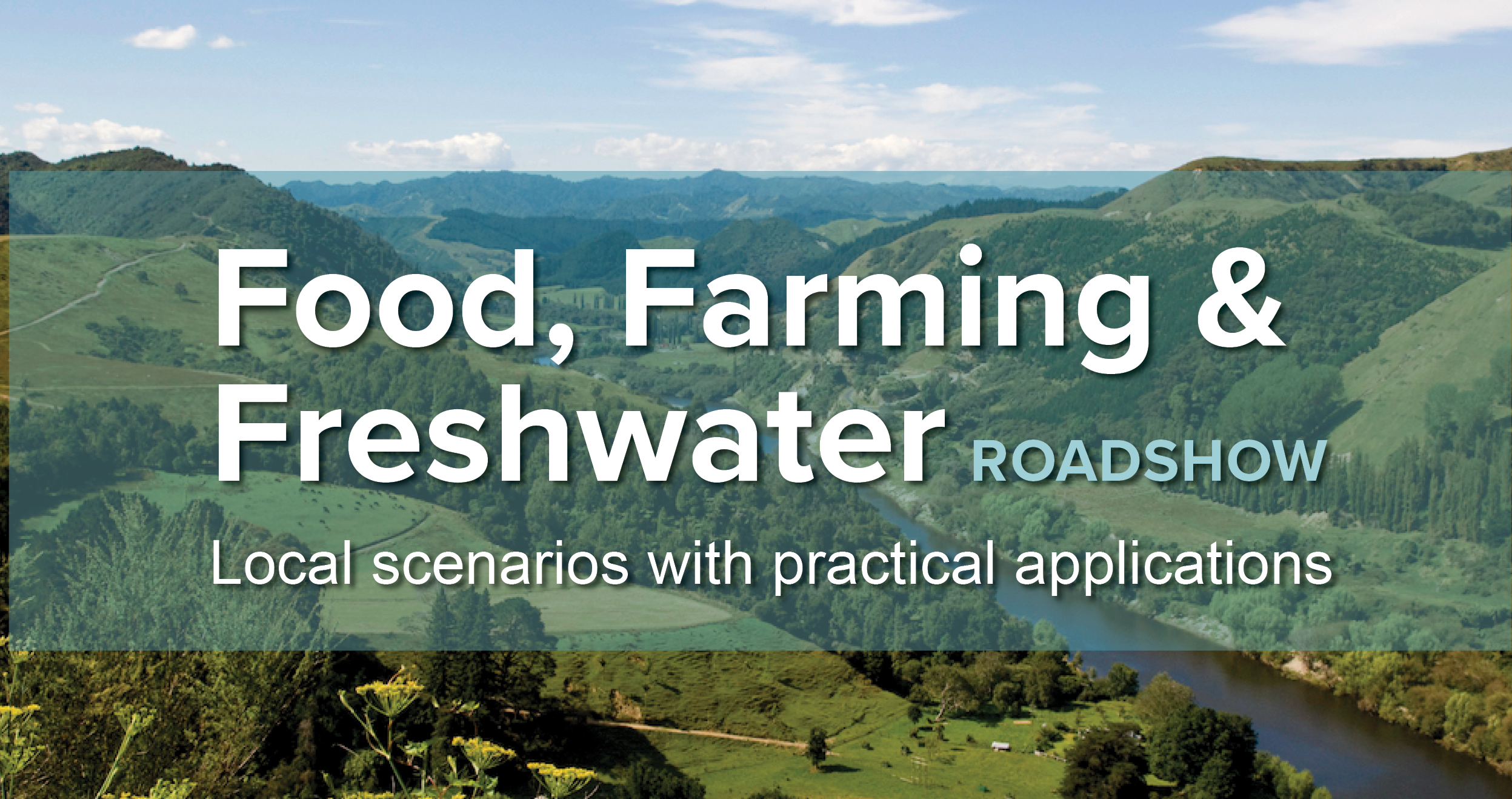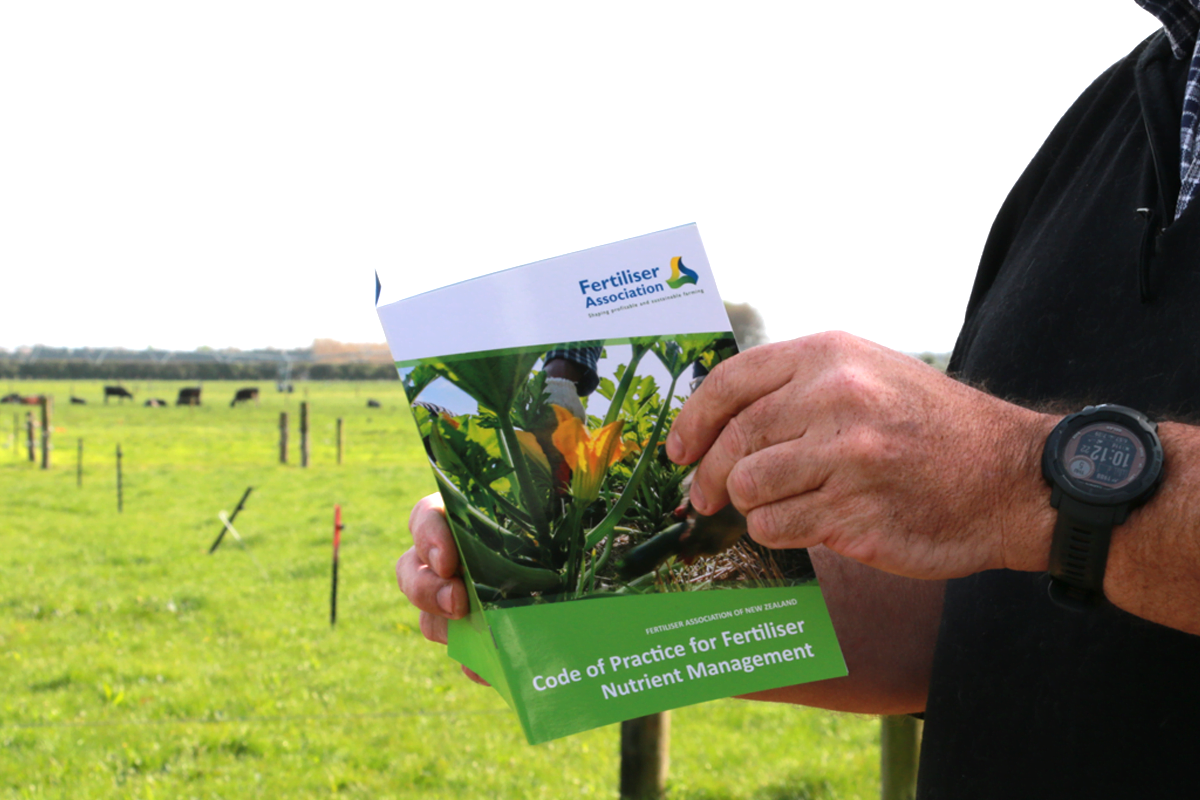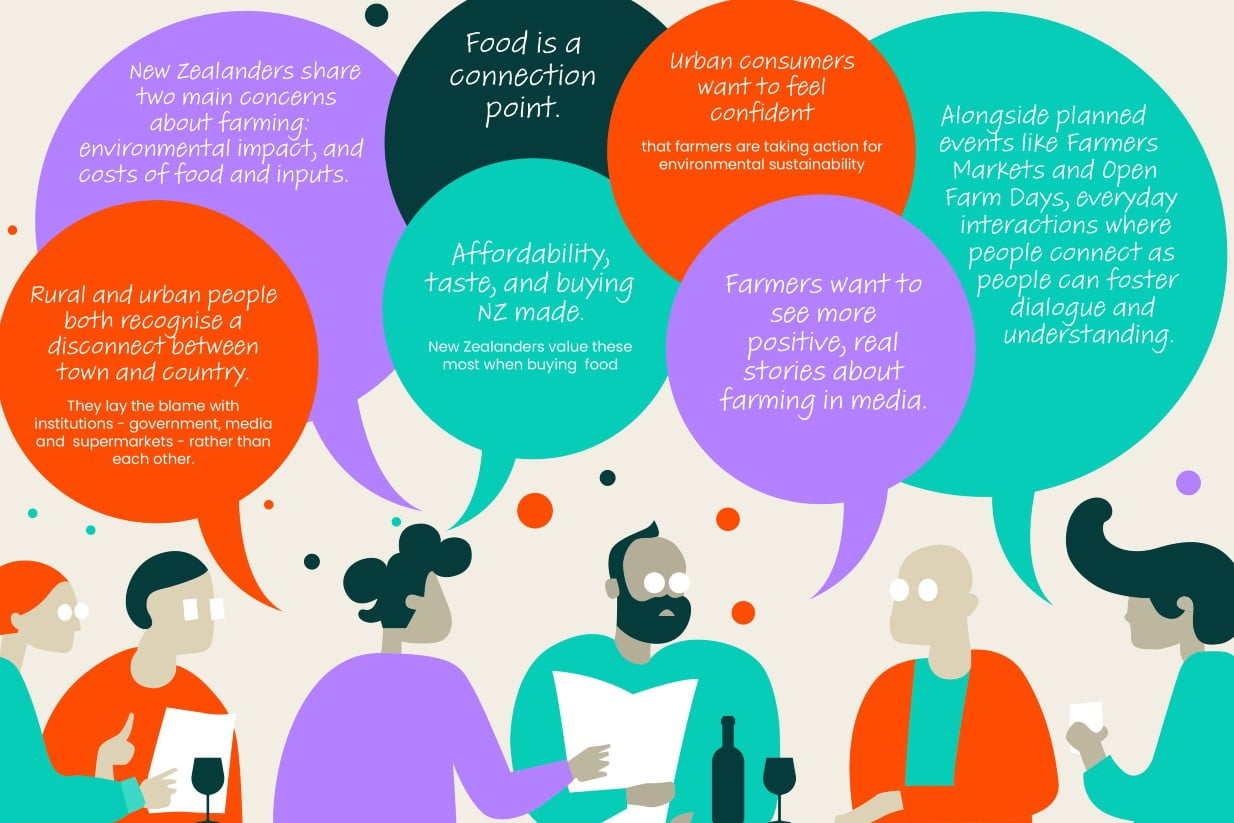Our Key Collaborators
We have a formal collaborative relationship with 16 key parties. These 16 organisations are represented in the Challenge Parties Group which meets with the Challenge Directorate quarterly
AgResearch’s purpose is to enhance the value, productivity and profitability of New Zealand’s pastoral, agri-food and agri-technology sector value chains to contribute to economic growth and beneficial environmental and social outcomes for New Zealand.
- Implementing Te Mana o Te Wai
- The Collaboration Lab
- Eutrophication Product Footprinting
- Reasons for Water Quality Improvement
- Indicators Working Group
- Regenerative Agriculture
- Linking Legacies to Wai
- Monitoring Freshwater Improvement Actions
- Pohewa Pae Tawhiti
- Land Use Opportunities
- Interoperable Modelling
- Innovative Agricultural Microbiomes
- Phosphorus Best Practice
- Assessing Contaminants with Stream Order
- Faecal Source Tracking
- Sources and Flows
- Land Use Suitability
- Connecting Food Producers and Consumers
- Land Use for Nutritious Diets
- Measuring Full Impacts of Land-Use Change
- Predicting Agricultural Research Adoption
- Shared Vision for Land Use in Marlborough
- Kuaha Matihiko: Digital Gateway
- Mapping Freshwater Contaminants
- Next Generation Systems
- Early Māori Agricultural Entrepreneurship
- Revitalise Te Taiao
- Lessons from Our Land and Water
Cawthron Institute is New Zealand's largest independent science organisation, offering a broad spectrum of services to help protect the environment and support sustainable development of primary industries.
ESR (the Institute of Environmental Science and Research) specialises in science that helps safeguard people’s health, protect food-based economies, improve the safety of freshwater and groundwater resources, and contributes expert forensic science to justice systems.
The purpose of GNS Science, Te Pū Ao, is to understand natural Earth system processes and resources, and to translate these into economic, environmental and social benefits.
Lincoln Agritech is a multidisciplinary R&D company owned by Lincoln University. It delivers science and engineering knowledge and technologies into environmental, primary, processing and new materials applications.
Lincoln University’s mission is to facilitate growth in all its forms. This includes helping students to grow their own way by offering diverse learning options that fit their ambitions, and partnering with industry to help address some of the world’s most enduring issues.
- Trust and Social Licence
- The Matrix of Drivers
- Indicators Working Group
- Credence Attributes On Farm
- Integrating Value Chains
- Rewarding Sustainable Practices
- Regenerative Agriculture
- Linking Legacies to Wai
- Monitoring Freshwater Improvement Actions
- Innovative Agricultural Microbiomes
- Phosphorus Best Practice
- Connecting Food Producers and Consumers
- Measuring Full Impacts of Land-Use Change
- Peri-Urban Potential
- Protein Future Scenarios
- Shared Vision for Land Use in Marlborough
- Crop Disease Under Climate Change
- Next Generation Systems
- Signals for Land Stewards
Manaaki Whenua – Landcare Research’s core purpose is to drive innovation in the management of terrestrial biodiversity and land resources.
Massey University’s ambition is to deliver world-leading research, conducted in partnership with industries and communities.
- New Models of Collective Responsibility
- Whenua Life Values
- Mauri Whenua Ora
- Register of Land Management Actions
- Reasons for Water Quality Improvement
- Credence Attributes On Farm
- Integrating Value Chains
- Cascade of Soil Erosion
- Faecal Source Tracking
- Benign Denitrification in Groundwaters
- Diverse Experiences of Farming
- Signals for Land Stewards
- Silvopastoral Systems
- Aotearoa Food Cultures
- Kuaha Matihiko: Digital Gateway
The mission of NIWA (National Institute of Freshwater and Atmospheric Research) is to conduct leading environmental science to enable the sustainable management of natural resources for New Zealand and the planet.
Plant & Food Research has the core purpose to enhance the value and productivity of New Zealand’s horticultural, arable, seafood and food and beverage industries to contribute economic growth and the environmental and social prosperity of New Zealand.
- Trust and Social Licence
- The Collaboration Lab
- Indicators Working Group
- Regenerative Agriculture
- Pohewa Pae Tawhiti
- Land Use Opportunities
- Interoperable Modelling
- Land Use Suitability
- Land Use for Nutritious Diets
- Pasture for Humans
- Crop Disease Under Climate Change
- Next Generation Systems
- Whakatupu: Empowering Māori Landowners in Land Use Decisions
Scion’s purpose is to drive innovation and growth from New Zealand’s forestry, wood product and wood-derived materials and other biomaterial sectors, to create economic value and contribute to beneficial environmental and social outcomes for New Zealand.
- Trust and Social Licence
- Mauri Whenua Ora
- Register of Land Management Actions
- Indicators Working Group
- Credence Attributes On Farm
- Integrating Value Chains
- Rewarding Sustainable Practices
- Pohewa Pae Tawhiti
- Interoperable Modelling
- Mosaic vs Monoculture Landscapes
- Shared Vision for Land Use in Marlborough
- Next Generation Systems
- Whakatupu: Empowering Māori Landowners in Land Use Decisions
- Signals for Land Stewards
The University of Auckland’s mission is to be recognised for excellence in teaching, learning, research, creative work and administration, for the significance of its contributions to the advancement of knowledge and its commitment to serve communities.
The University of Canterbury’s mission is to contribute to society through knowledge by promoting a world-class learning environment known for attracting people with the greatest potential to make a difference.
The University of Otago aims to create, advance, preserve, promote and apply knowledge, critical thinking and intellectual independence to enhance the understanding, development and well-being of individuals, society and the environment.
Victoria University’s vision is to be a world-leading capital city university and one of the great global-civic universities.
The University of Waikato’s mission is to develop graduates with intellectual independence and deliver research and teaching that are interdependent.
 View Our Strategy Document 2019 – 2024
View Our Strategy Document 2019 – 2024


















